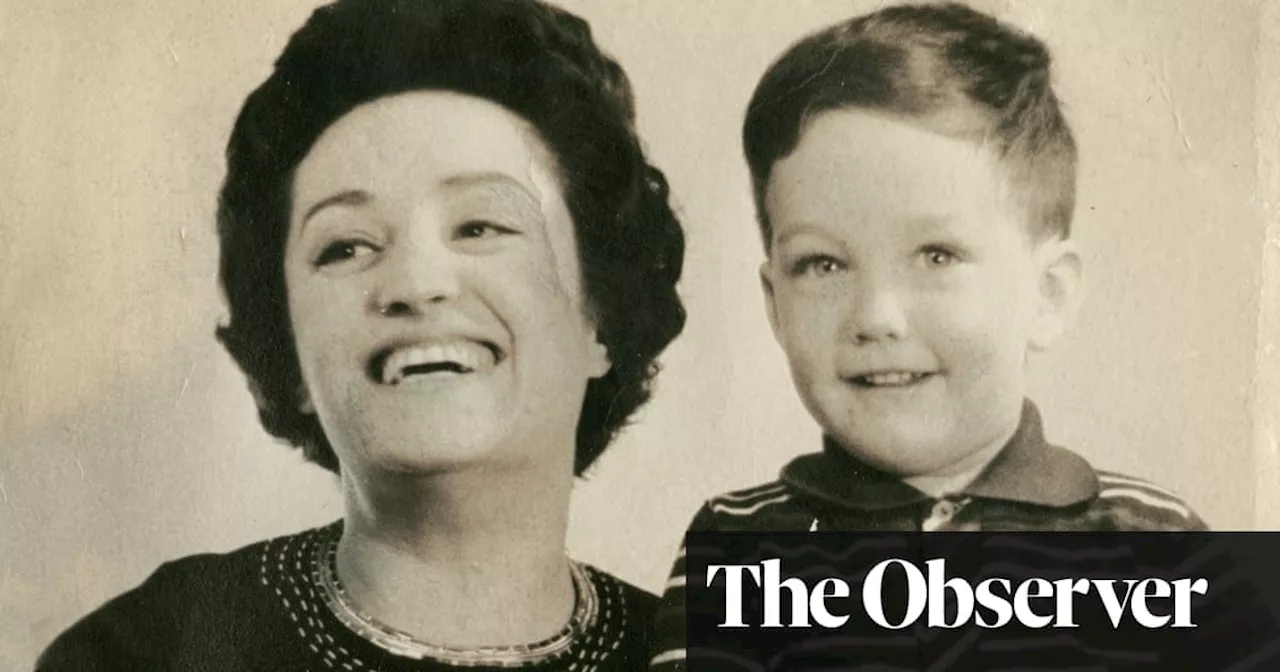Mother’s Day can trigger painful memories for some, but a traumatic upbringing need not define us
t a recent dinner party I was asked about my mother, who – a gross simplification, this – was a bit of a character. I tried to paint a nuanced picture but our host, a qualified therapist, was having none of it. It ended badly, with her shouting at me: “Enough. Your mother was a monster!”
Even more shocking, perhaps, was her cavalier treatment of others. In the late 1960s, she ran an old people’s home, but it was closed down by the local authority after one of her residents, a rich estate agent, made her his sole beneficiary. Thanks to her, I accrued a wide circle of friends, who loved hearing about, and witnessing, her latest outrages. And she was brave. When she was given the equivalent of a trolling over her gay hotel, she defended her clientele in the local and national press. They had been accused of being a danger to children.
Another therapist friend – I have a few; they find me fascinating for some reason – reckons my mother had a textbook case of narcissistic personality disorder . “He/she was a narcissist,” is of course the go-to diagnosis-cum-insult de nos jours, especially for angry divorced people slagging off their ex-partners. But the evidence here is compelling.
The birthday girl, my mother proudly announced the next morning, cackling at the memory, burst into tears.I’m aware this all sounds rather unusual. But is it? Having heard many hundreds of stories of dysfunctional parenting over the years, I now suspect my experience wasn’t that extraordinary at all.
